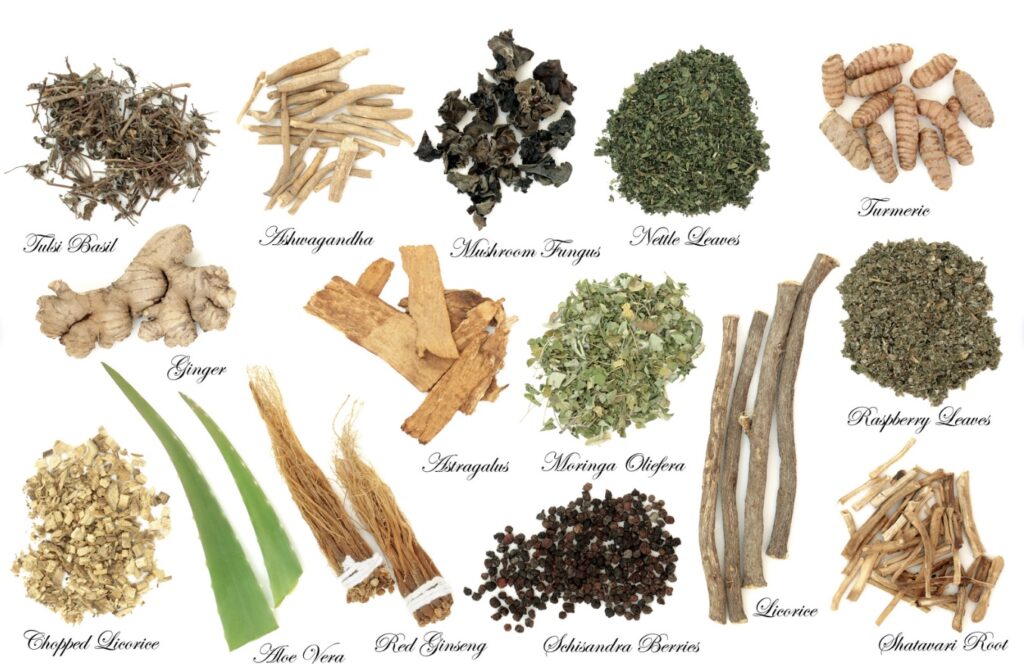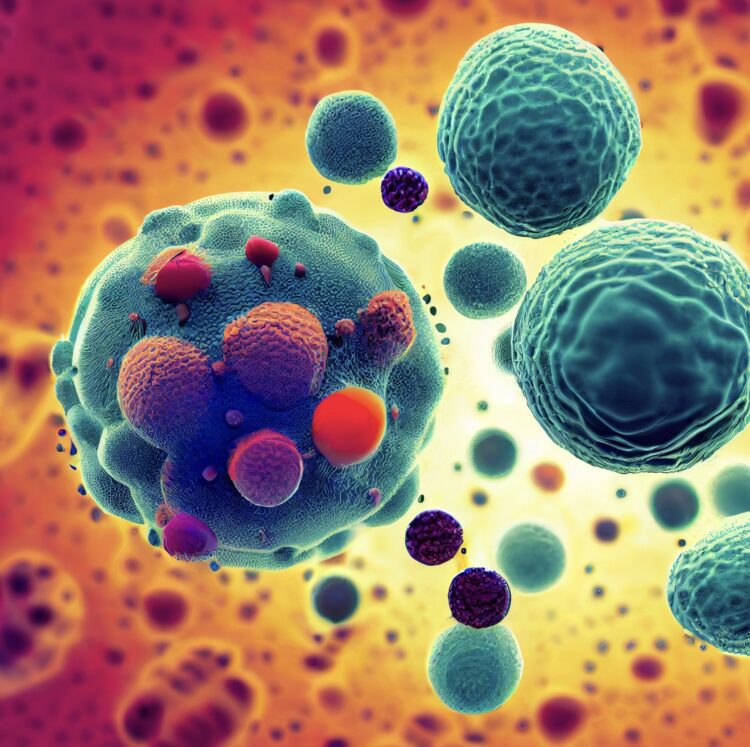Adaptogens are a special class of herbs and substances that have been used for centuries in various medicinal traditions, such as Ayurveda and Chinese medicine, for their supposed benefits in helping the body resist stress, restore balance, and promote overall well-being. The term “adaptogen” was coined by the Soviet scientist Dr. Nikolai Lazarev in 1947, and since then, these natural compounds have gained popularity worldwide due to their unique properties.
Adaptogens are natural substances believed to help the body adapt to and resist stress, whether physical, emotional, or environmental. They act by normalizing the body’s functions and balancing systems, allowing the organism to better adapt to daily stresses and challenges. These compounds modulate the body’s stress response, either by increasing or decreasing certain functions to maintain homeostasis.

The main benefits of adaptogens include reducing fatigue and exhaustion, helping the body cope with daily stress. Additionally, some can balance the endocrine system, especially the adrenal glands, to regulate stress-related hormones. They have also been associated with improvements in mental clarity, concentration, and memory. Some adaptogens are believed to strengthen the immune system, helping the body defend against infections and diseases. Likewise, many adaptogens are also used to improve emotional balance, alleviating anxiety and mild depression. Examples include Rhodiola Rosea, Ashwagandha, Holy Basil (Tulsi), Panax Ginseng, Licorice Root, Schisandra, or Eleuthero (Siberian Ginseng), among others.
However, although adaptogens are generally considered safe, it is crucial to consult a healthcare professional before incorporating them into your routine, especially if you are pregnant, breastfeeding, or have pre-existing medical conditions. Additionally, the scientific evidence on some adaptogens may be limited, and more research is needed to support some claims.











